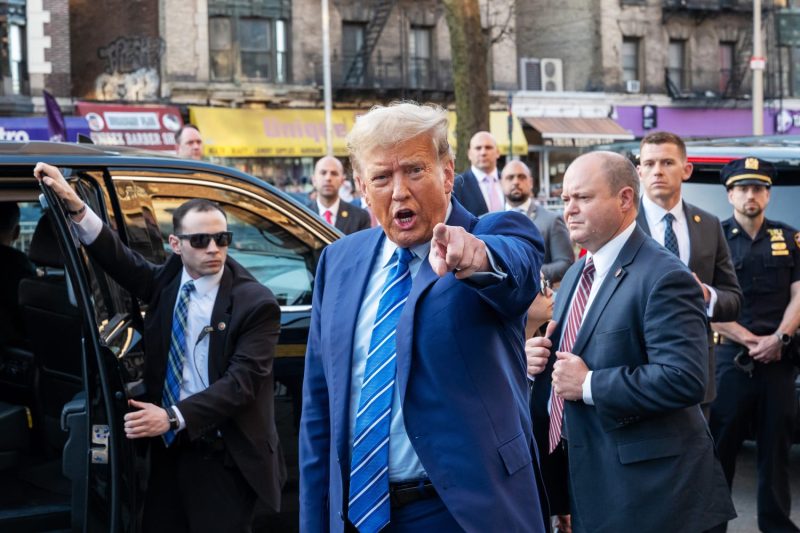As a practice of financial markets, lending shares for short selling plays a crucial role in the regular functioning of the stock market. Yet, such practices can have a significant effect on the specific share prices, influencing their movements either up or downwards. In this context, Trump Media & Technology Group (TMTG) has taken the unprecedented step of informing its shareholders how they can avoid lending DJT stock to short sellers.
The step is a strategic one for TMTG, the parent organization of the newly introduced social media platform, Truth Social, helmed by the former US president, Donald Trump. By intervening in the common practice of share lending, TMTG intends to secure its shareholder interests while manipulating the dynamics in the stock market to its advantage.
To comprehend this move’s implications, it becomes crucial to understand the process of short selling. In layman’s terms, short selling refers to the act where investors borrow shares of a company, typically from brokers or institutions, with the intention to sell these shares at a high price in the market. These investors believe that the stock price will decrease in the future, enabling them to buy the shares back at a lower price, replacing the borrowed shares, and earning profit from the difference.
However, this practice, although legal, can put a lot of downward pressure on a stock. If a large number of shares are shorted, it can drastically decrease the stock’s value. Hence, TMTG’s move to quell the borrowing of DJT stocks can be construed as a protective measure aimed at safeguarding their share price from a considerable decline caused by rampant short selling.
TMTG, in its correspondence to shareholders, outlined the steps to prevent DJT stock from being borrowed for short selling. The communication emphasized the importance of taking their shares of DJT stock to a full-service broker or brokerage that doesn’t engage in share lending programs. Such brokerage firms include the likes of Merrill Lynch, Charles Schwab, Morgan Stanley, and more.
This measure directed towards stymieing short selling acknowledges the susceptibility of the company to potential stock price manipulations. It also signals a desire to maintain control over the company’s trading activity, which is atypical for most publicly traded companies.
While this initiative might stabilize the company’s stock price in the short term by reducing the downward pressure, it poses questions regarding visibility and free trading of stocks. However, the unorthodox strategy aligns with TMTG’s motives of easing regulatory and financial market constraints for its shareholders and presents an innovative step towards handling share shorting in the stock market.
Furthermore, this move calls for a reconsideration of traditional stock market dynamics and processes. It establishes TMTG’s intent to retain control over its share movement, highlighting a shift from traditional laissez-faire principles in stock trading. Consequently, the company emerges as a pioneer in establishing protective barriers for its shareholders against potential threats posed by short sellers.
In conclusion, Trump Media & Technology Group’s strategy to discourage short selling of its DJT stock is a unique approach that is likely to reshape how investors perceive short selling and influence their behavior in financial markets. This shift in strategy showcases the dynamism and flexibility encapsulated within the stock market, allowing for improved investor protection and contributing to the democratization of financial markets.




